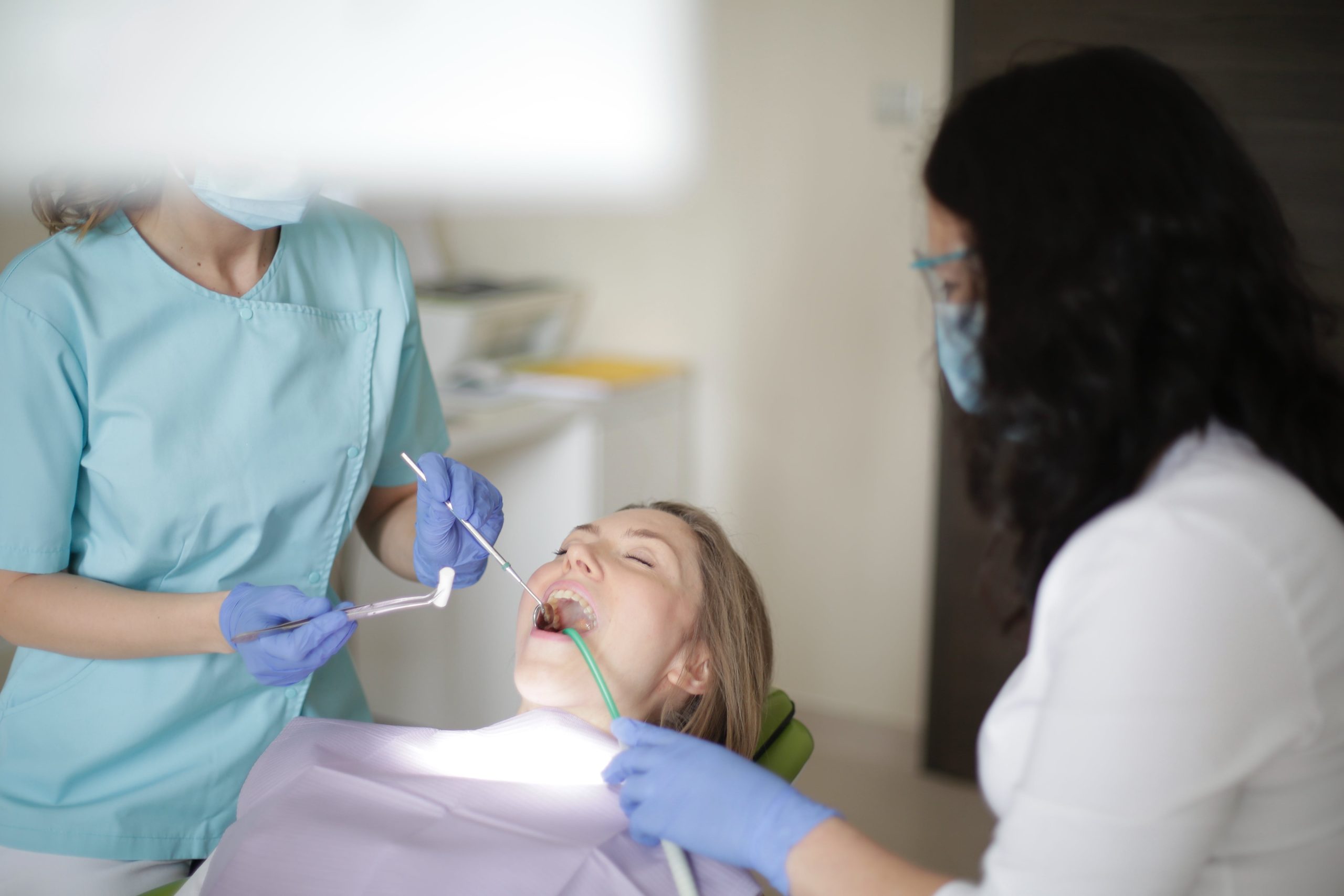Beyond Aesthetics: The Surprising Health Benefits of Orthodontic Treatment
Are you tired of living with crooked teeth and constantly hiding your smile in photos? Well, brace yourself for some exciting news! Orthodontic treatment is not just about achieving a perfect set of pearly whites – it can actually have surprising health benefits too. From improving digestion to boosting self-confidence, the advantages go far beyond aesthetics.
The Purpose of Orthodontic Treatment
Orthodontic treatment is commonly associated with enhancing appearance by straightening crooked teeth and creating a more aligned smile. While aesthetics play a significant role, it’s crucial to recognize that the advantages of orthodontic intervention extend beyond cosmetic enhancements. The primary goal is to address misaligned teeth and jaws, referred to as malocclusion or a “bad bite.” This misalignment may stem from diverse factors, including genetics, childhood habits such as thumb sucking or tongue thrusting, early loss of baby teeth, or mouth injuries. Malocclusion varies in severity and can manifest as overcrowding, gaps between teeth, overbites, or underbites.
Orthodontists utilize appliances like braces or clear aligners to guide the teeth into their correct positions and align the upper and lower jaws properly. Beyond enhancing the smile’s appearance, this corrective process yields functional benefits that significantly impact overall oral health.
Improved Oral Health
A notable advantage of orthodontic treatment lies in its positive impact on oral health. Misaligned teeth present challenges in proper cleaning, increasing susceptibility to issues such as plaque buildup, cavities, gum disease, and tooth decay. Orthodontic treatment addresses this by enhancing the ease with which patients can brush and floss, thereby preventing these common dental concerns.
The Connection Between Oral Health and Overall Health
Oral health extends beyond a beautiful smile, significantly impacting overall well-being. Poor oral hygiene can lead to bacteria buildup, causing gum disease and tooth decay. These bacteria can enter the bloodstream, contributing to systemic diseases. Key connections include:
Cardiovascular Disease:
- Periodontal disease increases the risk of heart disease and stroke. Bacteria from infected gums trigger inflammation, affecting blood vessels.
Diabetes:
- Diabetes and gum disease are interlinked. Diabetics are more prone to gum disease, and severe gum issues can disrupt blood sugar control.
Respiratory Infections:
- Plaque bacteria inhaled into the respiratory tract can contribute to infections like pneumonia.
Pregnancy Complications:
- Poor oral health during pregnancy is linked to premature birth, low birth weight, and complications. Bacteria from the mouth can affect the developing fetus.
Arthritis:
- Research suggests a link between periodontal disease and rheumatoid arthritis, with gum inflammation potentially exacerbating joint issues.
In essence, optimal oral health safeguards overall well-being. Regular dental check-ups, proper hygiene, and prompt dental issues addressing minimize the risk of systemic diseases associated with poor oral health.
Improved Digestion and Nutrition
Orthodontic treatment is often linked to a straighter, more appealing smile, but its advantages extend beyond aesthetics. A significant benefit is improved digestion and nutrition. Misaligned or crowded teeth can hinder proper chewing, leading to digestive problems like acid reflux and constipation. Orthodontic correction enhances the ability to chew and digest by aligning teeth for a better bite and more efficient jaw muscle function.
Crooked teeth create pockets where food particles trap, fostering bacteria growth and risking plaque buildup. Orthodontic treatment aligns teeth, eliminating these areas for improved oral hygiene. Additionally, malocclusion (misaligned bite) can cause uneven tooth wear, leading to enamel erosion, cracks, or tooth loss. Orthodontic correction prevents these issues, ensuring healthier teeth in the long run.
Reduced Risk of Tooth Decay and Gum Disease
Orthodontic treatment, known for enhancing smiles, also offers crucial health benefits, notably a reduced risk of tooth decay and gum disease. These common oral health issues stem from plaque buildup on misaligned or crowded teeth, hindering effective cleaning. Proper teeth alignment achieved through orthodontic methods facilitates improved oral hygiene. Braces or aligners move teeth into the correct positions, making cleaning more accessible. This significantly decreases plaque accumulation, lowering the risk of tooth decay and gum disease. Furthermore, orthodontic treatment addresses overcrowding, minimizing spaces where bacteria thrive, further reducing the risk of gum disease.
Correcting Speech and Breathing Issues
Orthodontic treatment offers benefits beyond a beautiful smile, addressing speech and breathing issues integral to overall health.
- Speech Issues:
Misaligned teeth can impede tongue movements and disrupt airflow, leading to speech impediments like lisps or slurred speech. Difficulty in closing the lips properly may cause excessive saliva production, affecting self-confidence. Orthodontic treatment aligns teeth and jaws, enhancing tongue movement and airflow for improved articulation and pronunciation. - Breathing Issues:
Teeth position directly influences the airway, impacting nasal passages. Misalignment may obstruct proper airflow, contributing to breathing issues. Orthodontic intervention aligns the teeth and jaw, supporting unobstructed air passages and addressing breathing concerns for better overall health.
Boosting Self-Esteem and Confidence
In conclusion, the transformative impact of orthodontic treatment extends beyond correcting teeth and enhancing oral health. Often overlooked, the significant benefit lies in the boost to self-esteem and confidence. Beyond the aesthetic improvement of a more aligned smile, orthodontic treatment addresses speech impediments, promoting clearer communication and confidence in social interactions. By reducing social anxiety associated with misaligned teeth, orthodontic interventions empower individuals to confidently engage in various activities and form meaningful relationships. The influence of orthodontics on mental well-being emphasizes its holistic impact on an individual’s self-image and overall quality of life.

